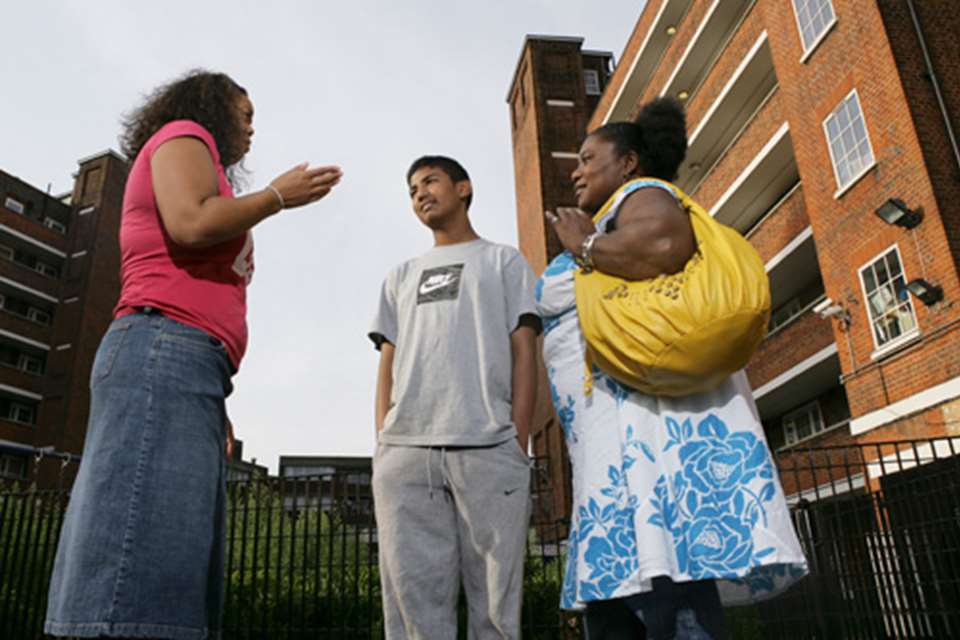Workers face fewer checks under 'common sense' safeguarding plans
Neil Puffett
Friday, February 11, 2011
Millions fewer people will have to register and be checked to work with children under proposals to overhaul vetting and barring measures.
Criminal records checks will also be made portable between jobs to cut down on "needless bureaucracy".
The government will also keep the scope of CRB checks under review to ensure that they are not disincentivising people putting themselves forward for volunteering. The proposals will form part of the Freedoms Bill.
Deputy Prime Minister Nick Clegg said: "The Freedoms Bill will protect millions of people from state intrusion in their private lives and mark a return to common sense government.
"We inherited a messy criminal records regime that developed piecemeal and defied common sense. Our reviews concluded that the systems were not proportionate and needed to be less bureaucratic. They will now be scaled back to sensible levels while at the same time protecting vulnerable people."
Children’s minister Tim Loughton said: "Protecting children and keeping them safe remains our top priority, but it’s also important that well-meaning adults are not put off working or volunteering with children.
"The new system will be less bureaucratic and less intimidating. It will empower organisations to ask the right questions and make all the appropriate pre-employment checks, and encourage everyone to be vigilant.
"This is a common sense and proportionate approach which will ensure that children are properly protected without driving a wedge between them and adults."
Paul McDowell, chief executive of crime reduction charity Nacro, said the changes will allow reformed ex-offenders to contribute to society in a positive way where previously they would have been prevented.
"Employment is one of the most important factors in preventing re-offending and the disproportionate level of criminal record checks is a serious barrier to getting a job. People are left discriminated against, humiliated and excluded from work when all they want to do is find tangible ways of moving on with their lives and making a positive contribution to society.
"These reforms will kick-start the removal of barriers — personal, social and systemic — which prevent people moving on from their past offences."
Barnardo’s chief executive Anne Marie Carrie described the proposals said as "a victory for common sense".
"There is already enough safeguarding in place for people who have unsupervised, substantial access to children," she said.
"This approach will make it easier for grandparents, parents and neighbours, who should be able to play an important role in a child’s life without unnecessary red tape."
Andrew Flanagan, chief executive of the NSPCC, said the reforms "strike the right balance".
"Eliminating employees and volunteers having to undergo repeated Criminal Records Bureau checks every time they apply for a new job is right. But, all employers should regularly check these certificates online for any new information."
Flanagan added that the arrangements should only form part of good employment practices and that organisations must also have robust monitoring policies in place.
"Many people — in both paid and unpaid situations — pose a risk to children but do not have convictions so it's important that non-conviction data continues to be part of disclosure certificates."





